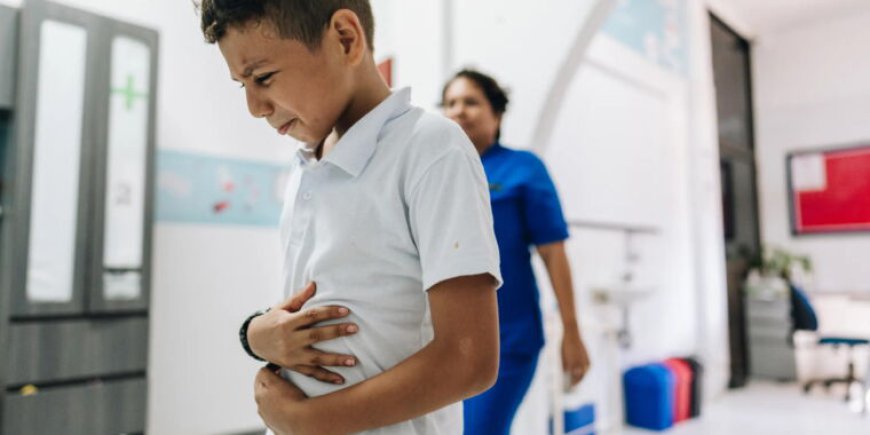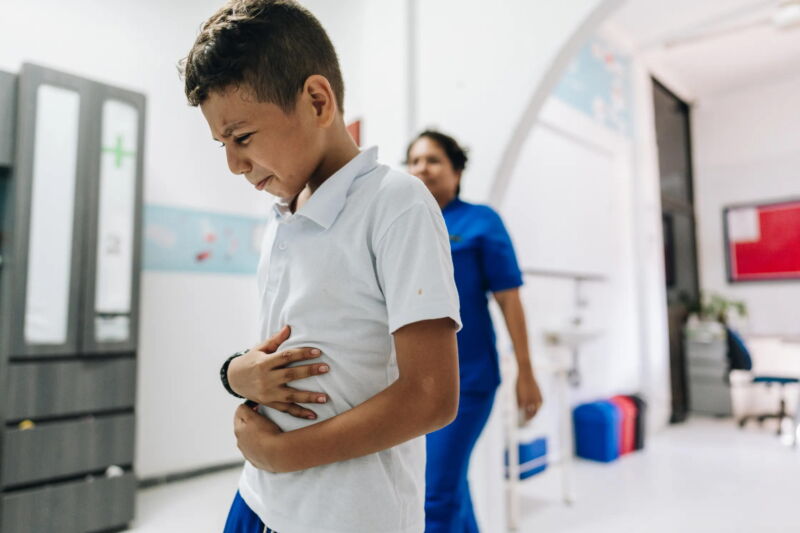Can addressing gut issues treat long COVID in children?
Study hopes to answer questions about connection between GI and neurological symptoms.


Enlarge (credit: Frazao Studio Latino/ Getty Images)
Four years after the outbreak of the COVID-19 pandemic, doctors and researchers are still seeking ways to help patients with long COVID, the persistent and often debilitating symptoms that can continue long after a COVID-19 infection.
In adults, the most common long COVID symptoms include fatigue and brain fog, but for children the condition can look different. A study published last month suggests preteens are more likely to experience symptoms such as headaches, stomach pain, trouble sleeping, and attention difficulties. Even among children, effects seem to vary by age. “There seems to be some differences between age groups, with less signs of organ damage in younger children and more adultlike disease in adolescents,” says Petter Brodin, professor of pediatric immunology at Imperial College London.
While vast sums have been devoted to long COVID research—the US National Institutes of Health have spent more than a billion dollars on research projects and clinical trials—research into children with the condition has been predominantly limited to online surveys, calls with parents, and studies of electronic health records. This is in spite of a recent study suggesting that between 10 and 20 percent of children may have developed long COVID following an acute infection, and another report finding that while many have recovered, some still remain ill three years later.









